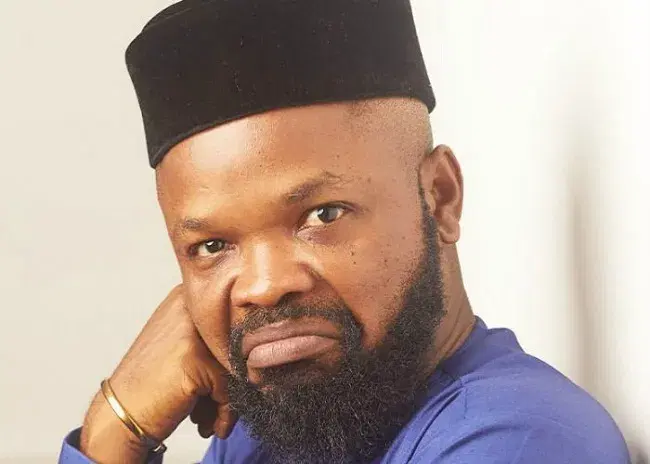Nigeria is once again in mourning following the brutal killing of 23-year-old interior designer, Deborah Moses Okwori — better known as Deb’rah Porsche — allegedly at the hands of her ex-boyfriend, Lintex Ogale, in Lagos.
Her death has reignited national outrage over the persistent and horrifying trend of women losing their lives in relationships that turn violent. For over a decade, Nigeria has seen a cycle of femicides, with women across states like Lagos, Abuja, Benue and Nasarawa meeting tragic ends at the hands of men they once trusted.
UN Women and the UN Office on Drugs and Crime (UNODC) report that globally, 140 women and girls die every day at the hands of partners or relatives — that’s one woman every 10 minutes. Nigeria’s growing list of such tragedies only deepens the alarm.
From the infamous 2012 murder of Cynthia Osokogu, lured via Facebook and killed in a Lagos hotel, to the shocking 2017 case of Air Force personnel Oladipupo Solape gunned down by her jealous lover in Makurdi, the pattern has remained chillingly consistent.
There was the 2018 killing of Joy in Lagos, her body stuffed into a sack by her live-in partner. In 2022, Abuja mourned Maria Ali, who was murdered by an ex after leaving a decade-long relationship. That same year, Abuja police arrested a suspect for killing and robbing Facebook personality Phyllis Ijeoma.
Even high-profile convictions, like that of gospel singer Oluwatimileyin Ajayi sentenced to death in 2024 for murdering and dismembering corps member Salome Adaidu, have not stemmed the tide.
Now, in September 2025, the country is faced with another victim — Deborah Moses Okwori.
Human rights lawyer Barr. Enewa Grace Adanu did not mince words: “This is no longer just crime; it is gender-targeted violence. Women are not properties that men can dispose of when relationships end. The silence of security agencies emboldens killers.”
Activist Meddy Olotu, who first broke the news of Deborah’s murder, urged young women to walk away at the first sign of danger. “No relationship is worth your life. Abuse is not love — it is a red flag. Run.”
From the international community, UN Women Executive Director Sima Bahous stressed: “Violence against women and girls is not inevitable, it is preventable. We need stronger laws, faster prosecution, and a zero-tolerance culture. Deborah’s death should remind us all: silence in the face of threats can be deadly.”




